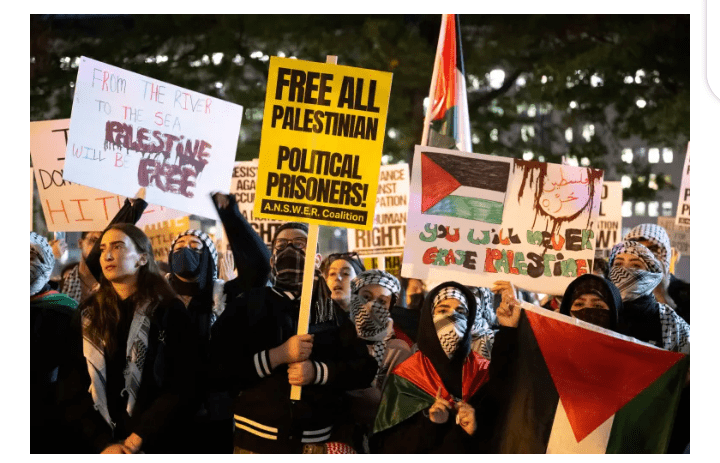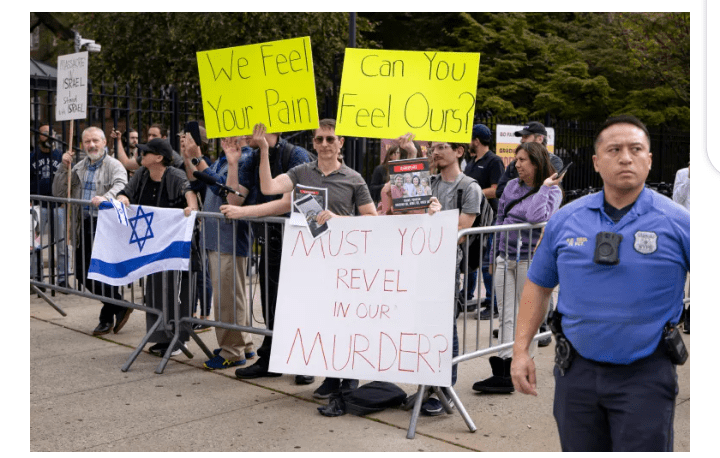The Israeli aggression against Gaza raises the level of tension between American Muslims and Jews
As the Israeli aggression on Gaza continues, U.S. security agencies fear the consequences for American Jews and Muslims, while both sides prepare for an escalation of protests and demonstrations.

The Israeli aggression against Gaza raises the level of tension between American Muslims and Jews - image source: al jazeera
There are concerns about an increase in hate crimes and harassment from both sides.
In the United States, there are approximately 5.8 million Jews and around 3.4 million Muslims, with these communities concentrated in states like New York, New Jersey, Illinois, California, Texas, and Florida.
President Joe Biden has emphasized the importance of rejecting hatred in all its forms and met with Jewish community leaders to express his commitment to supporting Israel and combating anti-Semitism within the United States.
However, he has not yet met with leaders of Palestinian, Arab, or Islamic communities, and the White House has not announced plans for such meetings.
While U.S. security officials do not have specific intelligence indicating a potential threat within the country, they are monitoring various actors that may be driven by anti-Semitic or Islamophobic sentiments or harbor hostility toward Arabs.

– image source: al jazeera
There are concerns that the images of destruction and innocent casualties in Gaza, as broadcast by the media and on social media, could fuel violence against one another.
Reports have already shown an increase in incidents of harassment and, in some cases, physical attacks against Muslims and Jews in places like Brooklyn.
The U.S. involvement in the Middle East conflict and the presence of millions of American Jews and Muslims who closely follow the developments in Gaza contribute to these security concerns.
Tensions are also playing out on American college campuses, where Islamic and Arab student associations promote the Palestinian cause, while Jewish student associations advocate for Israel.
The political landscape is influenced by the Jewish community, which holds key positions in various government agencies, including the State Department, federal courts, and the National Security Council.
The House and Senate have Jewish members in significant numbers, while the number of Muslim representatives remains limited.
Demographic shifts and continued Muslim immigration to the U.S. are expected to increase the Muslim population’s share in the coming years, with Muslims projected to outnumber Jews by 2050.

– image source: al jazeera
Factors contributing to the growth of the Muslim population include higher fertility rates and a younger average age, making this community more prominent in the future.

